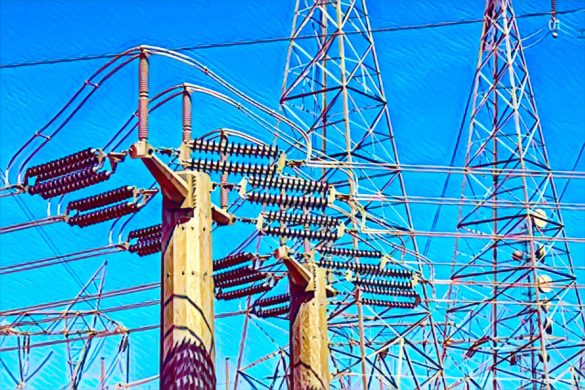KEY POINTS
- Federal Government approves ₦4 trillion bond to clear verified debts owed to power generation firms and gas suppliers.
- Move aims to restore liquidity, attract private investment, and strengthen electricity delivery nationwide.
- Industry leaders hail initiative as a long-overdue step to revitalise Nigeria’s troubled energy market.
Nigeria’s Federal Government has sealed a landmark agreement with power generation companies, GenCos, and gas suppliers to clear outstanding debts worth about ₦4 trillion, marking one of the country’s boldest interventions yet to revive its struggling electricity industry.
The deal, which establishes the Presidential Power Sector Debt Reduction Plan, was formally announced in a statement signed by Senan Murray of the Media and Communications Unit, Office of the Special Adviser to the President on Energy.
It confirms that President Bola Ahmed Tinubu has approved the issuance of government-backed bonds to settle verified arrears that have long strained the sector’s financial health.
According to the statement, the plan, endorsed by the Federal Executive Council in August 2025, seeks to eliminate legacy debt overhangs that have paralysed private investment and undermined the operational stability of utilities. It is the largest government-backed financial intervention in the power sector in over a decade.
A Reset for a Beleaguered Sector
“This intervention targets structural bottlenecks that have constrained investment, weakened utility balance sheets, and hindered reliable electricity delivery nationwide,” the statement read. “It will also help restore confidence in Nigeria’s energy market and pave the way for private-sector-led growth.”
Negotiations have now moved into a new phase, with bilateral meetings expected to finalise payment frameworks that balance the government’s fiscal realities with the liquidity challenges confronting power generation companies.
Industry figures have broadly welcomed the initiative, describing it as a turning point in the long quest to stabilise Nigeria’s electricity supply and unlock sustainable growth.
Tony Elumelu, Chairman of Heirs Holdings and Transcorp Power, praised the government’s commitment, noting: “For the first time in years, we are seeing a credible and systematic effort to tackle the root liquidity challenges in the power sector. We commend President Tinubu and his economic team for this bold and transformative step.”
Kola Adesina, Group Managing Director of Sahara Group, echoed similar optimism, saying the move “gives renewed confidence in the reform process and sends a clear signal that government is serious about building a sustainable power sector.”
Olu Verheijen, Special Adviser to the President on Energy, added that beyond debt repayment, the plan would support broader reforms to modernise Nigeria’s ageing grid infrastructure, close metering gaps, align tariffs with efficient costs, and improve subsidy targeting for vulnerable households.
She noted that the initiative forms part of the administration’s wider strategy to strengthen energy security and promote transparency across the power value chain.
If fully implemented, analysts say, the ₦4 trillion debt-clearing initiative could mark a major inflection point for a sector that has long been trapped in a cycle of poor liquidity, inadequate infrastructure, and investor scepticism.



